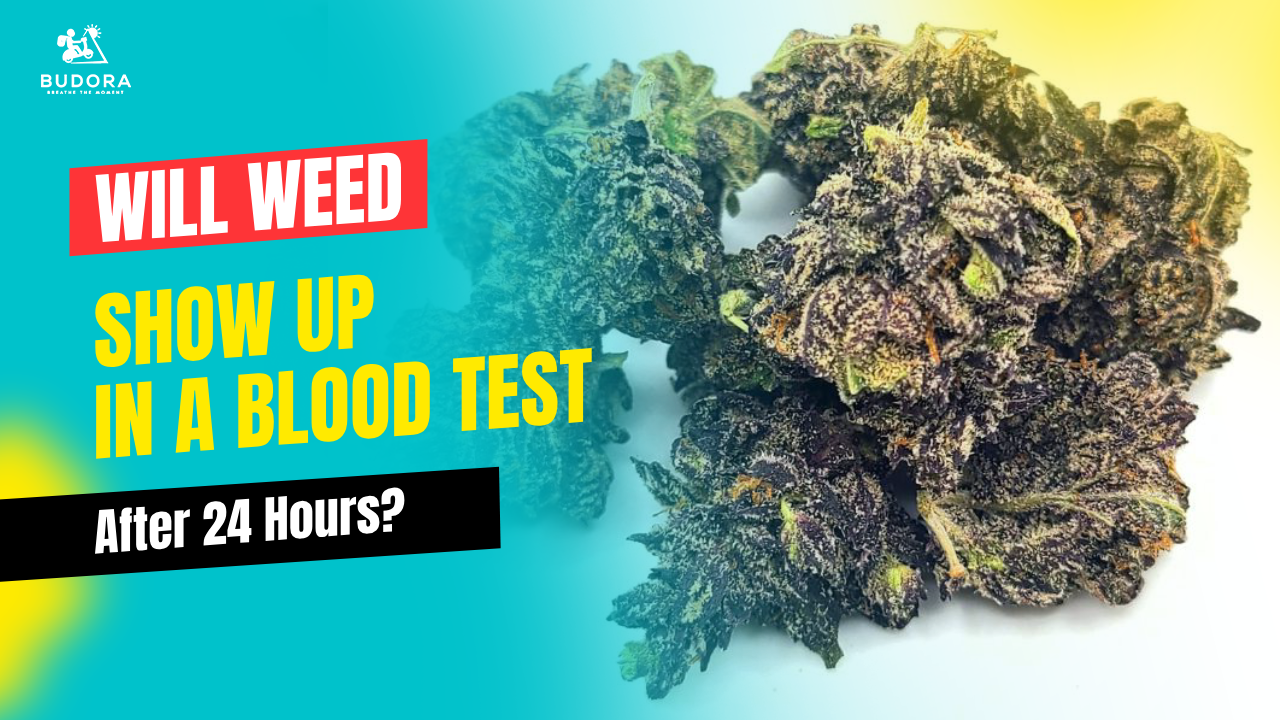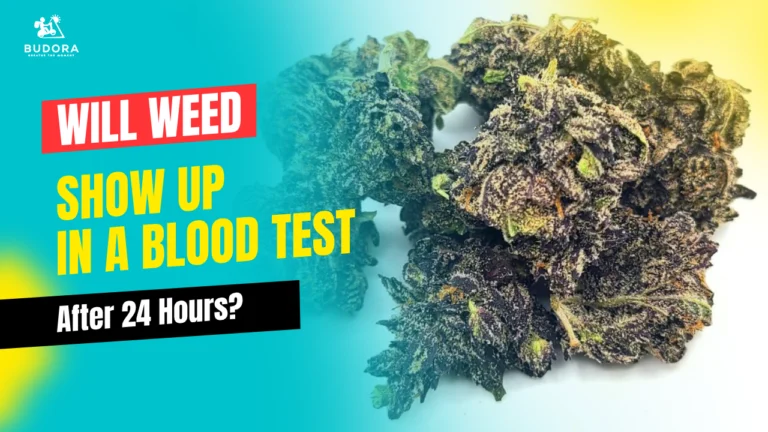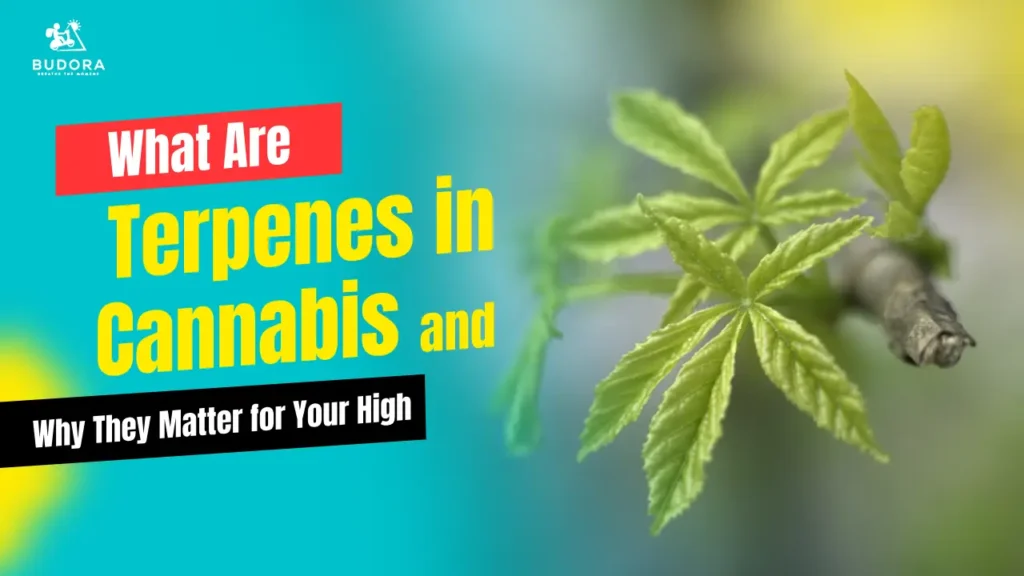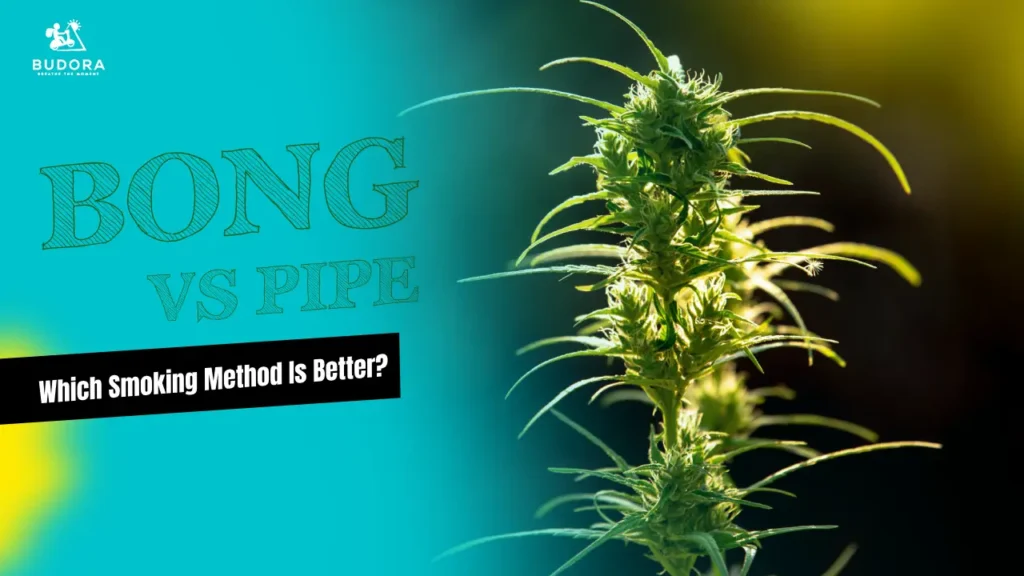Blog
Will Weed Show Up in a Blood Test After 24 Hours?
- Budora Team
- No Comments
- Cannabis WeedBlogs


Yes, weed can show up in a blood test after 24 hours, especially for frequent or heavy users. Blood tests detect active THC, which reflects recent consumption. Detection varies based on frequency, metabolism, body fat, hydration, and cannabis type.
In this guide, we’ll break down detection methods, timelines, influencing factors, and tips for maintaining health while consuming cannabis.
Key Insights
- THC detection: 1–2 days for occasional users, up to 7 days for regular users.
- Test type matters: Blood tests detect active THC; urine tests detect metabolites.
- Influencing factors: Metabolism, body fat, hydration, frequency of use, cannabis type.
How Is THC Detected in the Blood?
Blood tests detect active THC, showing recent cannabis use.
Unlike urine tests, which detect inactive THC metabolites, blood tests provide a snapshot of consumption in the last few hours to days. This makes them more precise for recent usage but less indicative of long-term habits.
How Long Does THC Stay in Blood?
Question: How long is THC detectable in the blood?
Answer: It depends on your usage pattern.
| User Type | Detection Window (Blood) | Detection Notes |
|---|---|---|
| Occasional User | 1–2 days | Usually cleared within 24 hours |
| Regular User | 3–7 days | Accumulates in fat cells, with slower clearance |
| Heavy/Chronic User | Up to 30 days* | Mostly metabolites, not active THC |
Rare cases depend on metabolism and body composition.
Tip: Blood tests are best for measuring recent THC exposure, while urine or hair tests track long-term use.
What Factors Affect THC Detection in Blood?
Several factors influence detection time.
- Frequency of Use: Chronic users retain THC longer than occasional users.
- Body Fat: THC is fat-soluble, so higher body fat can extend detection.
- Metabolism: Faster metabolism clears THC more quickly.
- Type of Cannabis: Edibles or concentrates metabolize differently than smoked cannabis.
- Hydration & Activity: Staying hydrated and active may slightly speed up THC clearance.
Note: These factors explain why two people with the same dose can have very different blood test results.
Blood vs Urine vs Saliva Tests
Question: Which test is most accurate?
Answer: Blood tests detect recent THC, urine tests detect metabolites, and saliva tests detect very short-term THC.
| Test Type | Detection Window | What It Detects | Best For |
|---|---|---|---|
| Blood | 1–7 days | Active THC | Recent consumption |
| Urine | 3–30 days | THC metabolites | Past use detection |
| Saliva | 1–3 days | Active THC | Short-term detection |
Key takeaway: Blood tests are best for recent use, urine tests for long-term detection, and saliva tests for short-term checks.
Can Weed Show Up After 24 Hours?
Possibly, depending on user type.
- Occasional Users: Usually cleared within 24 hours; unlikely to test positive.
- Regular Users: May still test positive due to accumulation.
- Scientific Evidence: THC peaks minutes after consumption and drops quickly, but metabolites can linger in chronic users.
Extra Tip: The route of consumption matters—edibles often extend detection windows slightly.
How to Support THC Clearance (Health-Based Guidance)
You can support metabolism and overall health.
- Stay hydrated and eat a balanced diet.
- Engage in regular exercise to boost metabolism.
- Avoid unnecessary cannabis before tests.
Reminder: These tips are for healthy lifestyle support, not for cheating tests.
Does Body Weight Affect Detection?
Yes, body fat stores THC. Individuals with higher fat percentages may retain THC longer, as the compound is fat-soluble. Leaner individuals often metabolize THC faster, resulting in shorter detection windows.
How to Read Blood Test Results for THC
Blood THC levels show recent consumption. Most labs report ng/mL (nanograms per milliliter). Values above a certain threshold indicate recent use, while very low levels may reflect past use or infrequent consumption. Always consult a medical professional for interpretation.
Final Thoughts
THC detection in blood depends on usage, metabolism, body fat, and cannabis type. Occasional users usually clear THC within 24 hours, while regular or heavy users may test positive for several days. Edibles and concentrates can slightly extend detection times. Staying hydrated, eating well, and exercising support overall health, but have only a modest effect on clearance. Awareness of your usage and testing methods helps you make informed decisions.
FAQs
Will THC show up in a blood test after 24 hours?
Yes, especially for regular users. Occasional users usually clear THC within a day. Small amounts can still appear in rare cases. Detection depends on frequency and metabolism. Always consider your personal usage patterns.
What factors influence THC detection time?
Dosage, frequency, metabolism, body fat, cannabis type, and hydration. Lifestyle can slightly affect clearance. Everyone’s body is different, so detection windows vary. Even minor changes in activity or diet can make a difference.
Do edibles affect blood test results differently?
Yes, edibles metabolize more slowly, slightly extending detection times. Smoking clears faster than edibles. The liver processes edibles first, producing metabolites that last longer. Timing of consumption matters too.
Can exercise or hydration help clear THC faster?
Yes, exercise boosts metabolism, and hydration supports overall clearance. Effects are minor and vary per person. Regular activity and water intake can slightly reduce detection time. Results are subtle but noticeable for some users.
Does the type of cannabis matter?
Yes, concentrates and high-THC strains can remain detectable longer than lower-THC strains. Stronger products lead to longer retention in the body. Individual tolerance and usage frequency also play a role.
Like this article?

Budora Team
OTHER ARTICLES YOU MAY LIKE




